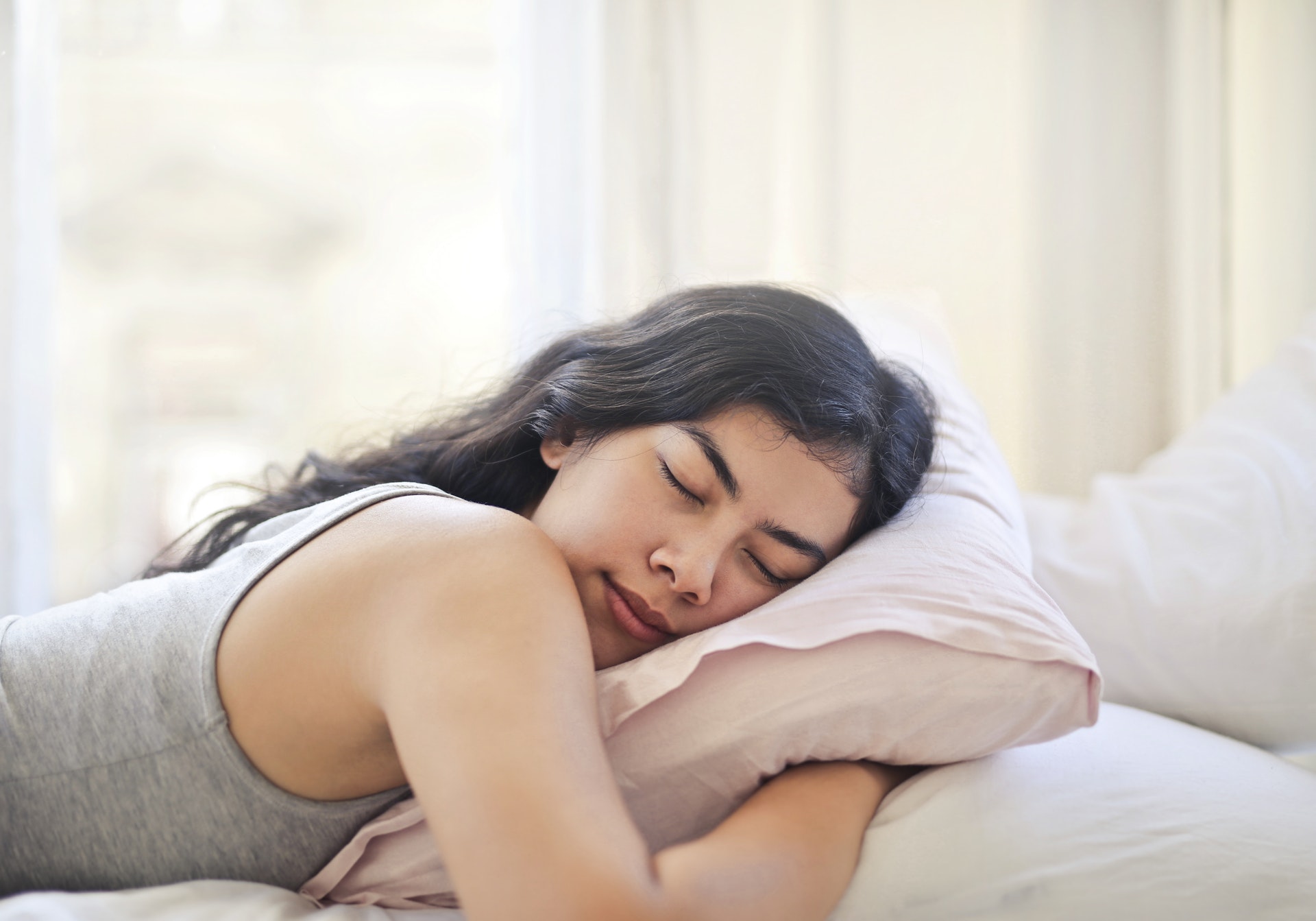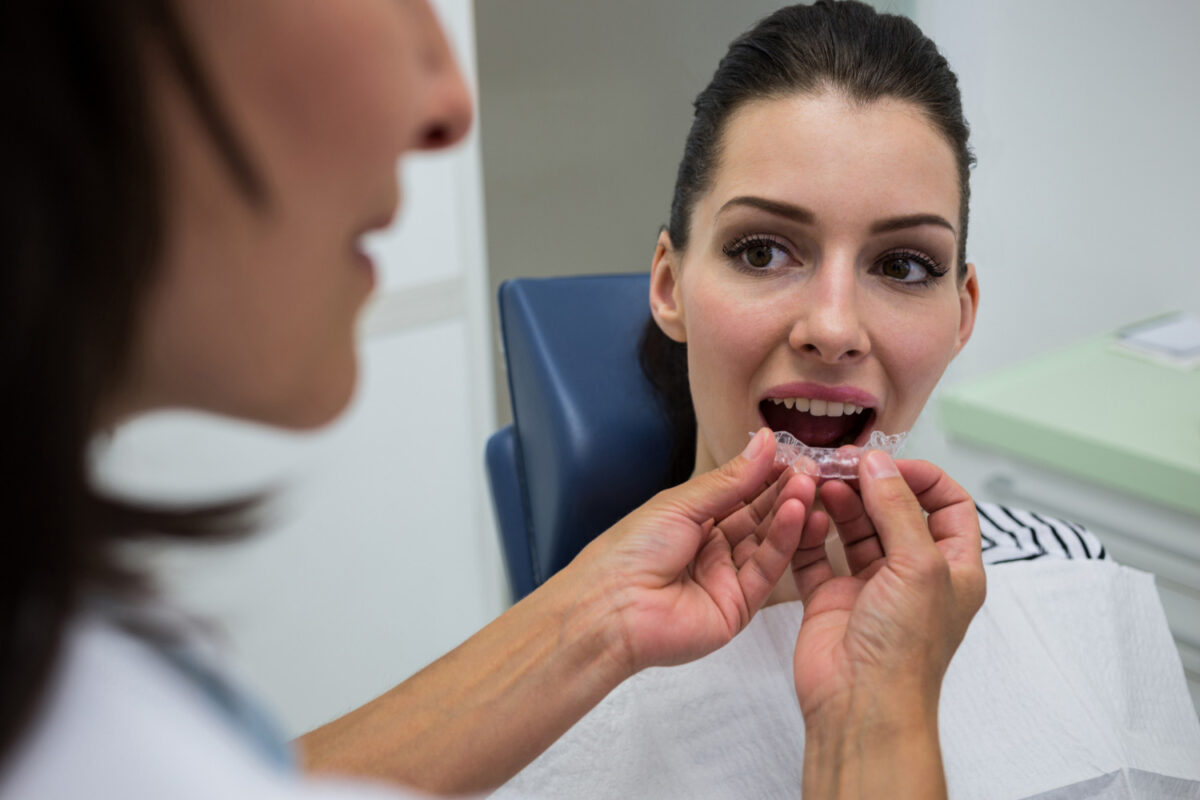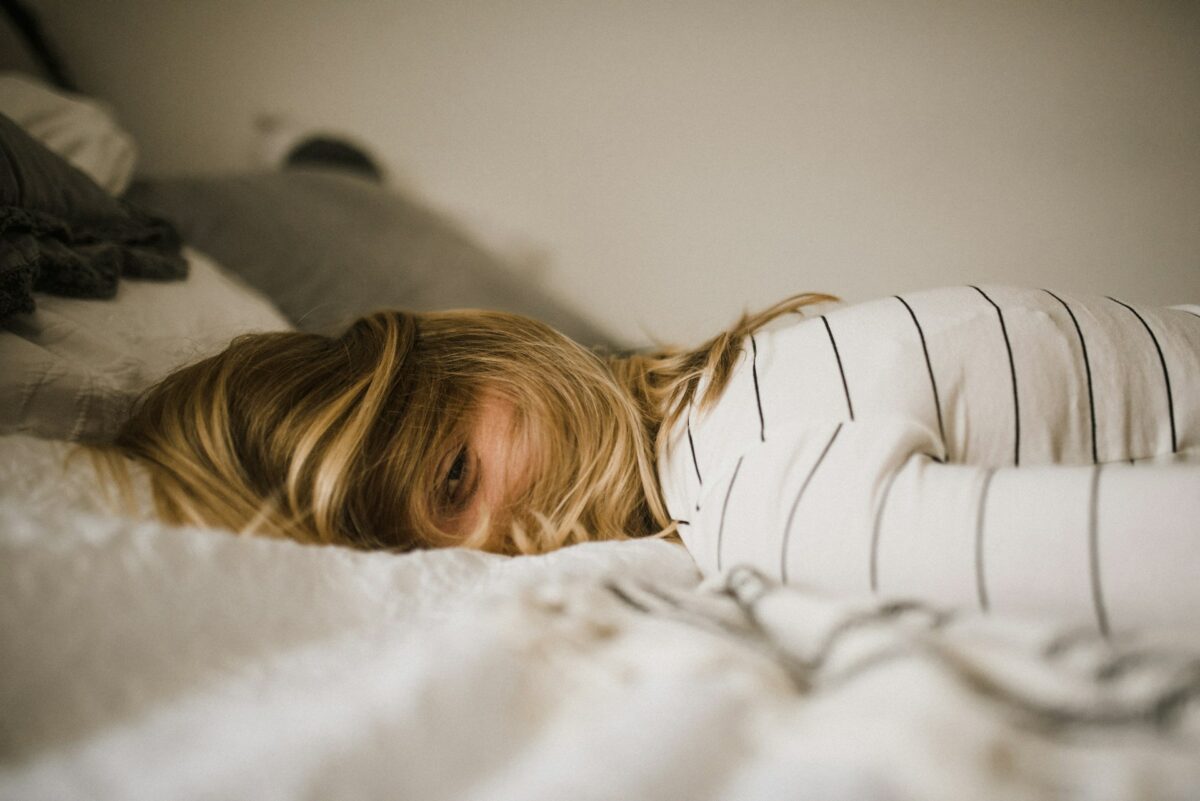Many people experience drooling at night, and they wake up in the morning finding spots on their pillow drenched in saliva. Although drooling is not something you should worry about, there could be an underlying reason why it occurs in the first place.
Drooling is annoying, but it will not lead to severe problems such as dehydration and infection.
The primary reason for these patches of wet pillow is that the body’s salivary glands produce a liter of saliva every day. The body usually swallows or reabsorbs most of it back into the bloodstream. Drooling occurs when the saliva drips from the mouth instead of reabsorbing it by swallowing.
But why does drooling occur at night? Read on to learn about the three reasons for drooling in sleep.
1. Excessive Salivation
There are many reasons why people produce a little too much saliva. Some people experience excessive salivation because of a condition called sialorrhea, which is sometimes a side effect of certain medications.
Another reason why people produce excess saliva is because of a brain injury, Parkinson’s disease, stroke, or other conditions related to the neurological system. Patients with any of these conditions have a hard time swallowing, which can be why they drool even in the daytime.
Excessive saliva at night can also be an underlying symptom of gastroesophageal reflux disease (GERD) or heartburn.
2. Open Mouth
If you want to know why you drool in sleep, the most straightforward answer is because your mouth is open. The body’s muscles usually relax during sleep, so your mouth can remain open the whole night, causing saliva to slip from the lips and onto your pillow.
Some studies suggest that your sleeping position could play a role in drooling as well. You will most likely experience drooling if you spend most of the night on your side.
3. Nasal Congestion
Another common reason some people experience drooling during sleep is nasal congestion. If you cannot breathe through your nose because of a cold or allergies, you breathe through your mouth instead. As mentioned previously, mouth breathing leads to a high chance that you will drool on your pillow.
Another reason can be a deviated septum, where a thin wall inside your nose that separates the two sides of your nose, also known as septum, is uneven or off-center. The condition partly blocks the airflow on the other side of your nose, the narrower one. This condition will result in nighttime snoring, or it can even lead to sleep apnea.
Can Drooling Be Treated?
Generally, there’s no need to treat drooling at night. Yes, it can be an inconvenience, but it doesn’t lead to other serious conditions. The most basic thing that you can do at night to prevent drooling is to use medical tape to close your lips at night. This helps you breath through your nose, which is the best way to breath anyway! However, if you are experiencing consistant nasal congestion, this condition should be looked at. For best results, it may be wise to consult with an ENT specialist to assess airflow and a sleep specialist to help with any sleeping issues that lead to a lack of sufficient rest.
Final Thoughts
Drooling while you are sleeping is more common than you think. It is a normal occurrence that does not necessarily indicate any serious conditions or lead to severe health issues. But if you’re drooling enough to interrupt your sleep, or you’re experiencing other symptoms that lead to waking up tired, talk to a professional.
Book a consultation with us at Sleep Better Live Better. We are a sleep clinic in North Vancouver, Surrey and Victoria headed by Dr. Sharnell Muir, and we provide sleep testing and home therapy programs for problems like snoring, sleep apnea, insomnia, and others. Contact us today to learn more.





